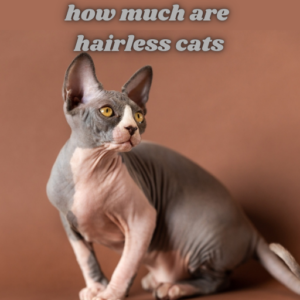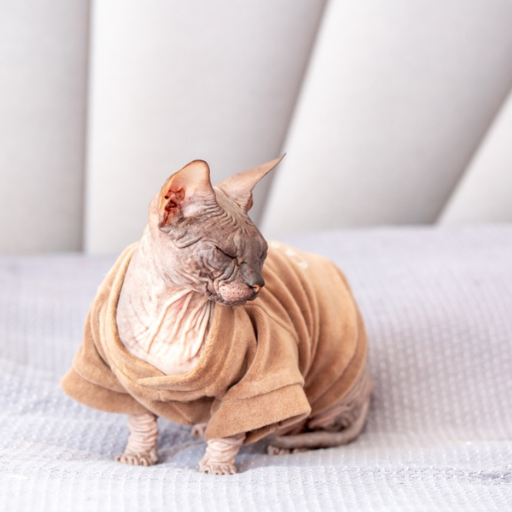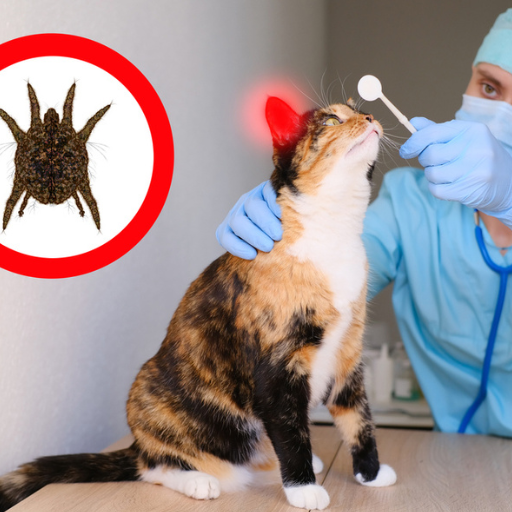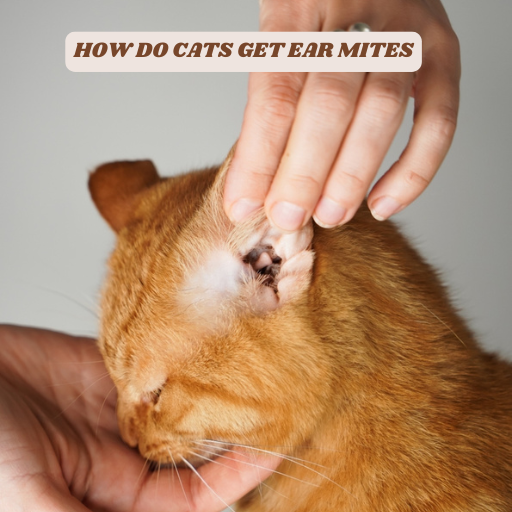How Much Are Hairless Cats?
Introduction
Hairless cats, especially the Sphynx breed, are known for their unique look and endearing personalities. They are loved for their playful, dog-like behavior and social nature. But how much does it cost to bring a hairless cat home? In this guide, we’ll break down the initial and ongoing costs of owning a hairless cat, discuss the factors that influence their price, and share some interesting facts about these fascinating pets.

How Much Do Hairless Cats Cost?
Price Range of Hairless Cats
The cost of a hairless cat varies depending on the breed, breeder, and other factors. Here’s a quick look at the typical price range:
Sphynx Cats: $1,500 – $3,000
Bambino Cats: $1,800 – $3,500
Donskoy Cats: $1,200 – $2,000
Peterbald Cats: $1,500 – $3,000
Elf Cats: $2,000 – $4,000
Each breed has unique features, and prices vary based on the breeder’s reputation, the kitten’s lineage, and coat color.
Factors Influencing the Price of Hairless Cats
Breed and Lineage
The type of hairless cat and its lineage greatly influence the price. Purebred Sphynx cats from championship lineages will cost more due to their pedigree.
Breeder Reputation
Reputable breeders invest in proper healthcare, vaccinations, and genetic testing to ensure healthy kittens. This care reflects in the price, but it also reduces the likelihood of future health issues.
Age and Coat Color
Most buyers prefer younger cats, so kittens often cost more than adult cats. Unique coat colors, eye colors, or specific markings also increase the price.
Location
Prices can vary based on location. If you’re buying from a breeder in a different country or state, expect additional costs for travel or shipping.
Cost of Care and Maintenance for Hairless Cats
- Veterinary Expenses
Hairless cats need regular veterinary check-ups to stay healthy. They’re prone to skin issues, so grooming and care are essential. Annual vet visits can cost around $150–$300, while unexpected illnesses may increase expenses.
- Diet and Nutrition
Hairless cats have a high metabolism and often need more food than other breeds. Expect to spend around $20–$40 per month on high-quality cat food to maintain their health.
- Skin Care and Bathing
Since they lack fur, hairless cats can get oily skin. Weekly baths with hypoallergenic shampoo are necessary to keep their skin clean and healthy. Specialized cat shampoos range from $10 to $20.
- Clothing and Accessories
Hairless cats feel the cold more than their furry counterparts. Investing in cat clothing or blankets for warmth can cost around $10–$50, depending on style and quality.
- Litter and Other Supplies
Litter boxes, litter, and other essential supplies will add to the monthly costs. But, Expect to spend around $15–$25 per month on litter supplies.
Interesting Facts About Hairless Cats
Hairless, Not Hypoallergenic: Despite their lack of fur, hairless cats aren’t hypoallergenic. They still produce skin oils and proteins that can trigger allergies.
Highly Social and Affectionate: Hairless cats, especially Sphynx cats, are known for being affectionate, social, and dog-like. They enjoy being around people and other pets.
Sun Protection is Key: These cats need protection from the sun, as their skin is exposed. They may need sunscreen if they spend time outdoors.
Playful and Energetic: Hairless cats are playful and curious. They enjoy interactive toys and activities, making them a fun addition to any household.
FAQ Section
- Are Hairless Cats Expensive to Maintain?
Yes, they can be slightly more expensive to maintain than other breeds. Skin care, regular vet visits, and a good diet are necessary to keep them healthy.
- Do Hairless Cats Need Special Care?
Yes. Their skin requires weekly baths but, they need to stay warm in colder months, and they are prone to skin and dental issues. Regular grooming and care are essential.
- Can Hairless Cats Cause Allergies?
They can. While they don’t shed fur, they still produce allergenic proteins in their skin oils, which can trigger allergies in sensitive individuals.
- Why Are Hairless Cats So Expensive?
Hairless cats are expensive due to their unique breeding requirements, health screenings, and the extra care breeders provide. Purebred hairless cats are also rare, adding to their price.
- How Long Do Hairless Cats Live?
With proper care, hairless cats typically live between 10–15 years. Regular veterinary care and a healthy diet are crucial for a long, happy life.
Bottom Line
Owning a hairless cat is a rewarding experience for the right pet parent. While their initial and ongoing costs may be higher than average, the love and companionship they offer are worth it for many. With proper care but, these unique and affectionate pets can bring joy for many years.
Hairless cats are a significant investment, but they’re well worth it for those who appreciate their charm, playful nature, and unique look. Their unusual appearance and delightful personalities make them unforgettable companions.




Post Comment